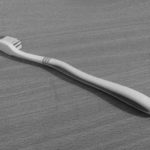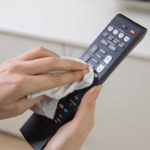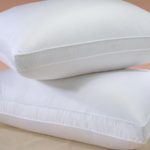1Mobile phone
Mobile phones are a ubiquitous accessory that we carry with us everywhere. Unfortunately, they are also a breeding ground for bacteria and viruses, including E. coli and the Corona virus, which can cause various illnesses in humans. Studies have shown that the surface of a mobile phone is often dirtier than a toilet bowl. To minimize the risk of disease transmission, it is advisable to avoid bringing your phone into the toilet and regularly clean it with a soft cloth using a disinfectant solution.
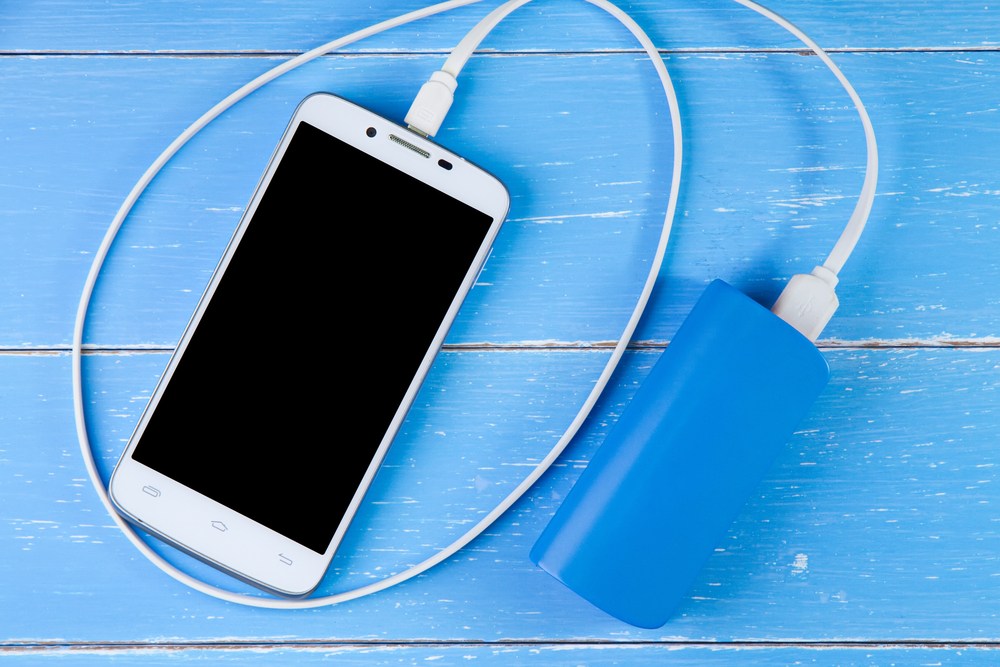
2Remote control
Remote controls for various electronic devices are frequently touched by multiple people and can harbor a significant amount of bacteria. It is essential to regularly clean the remote control with an antibacterial tissue and keep it in a clean place to minimize the risk of disease transmission.
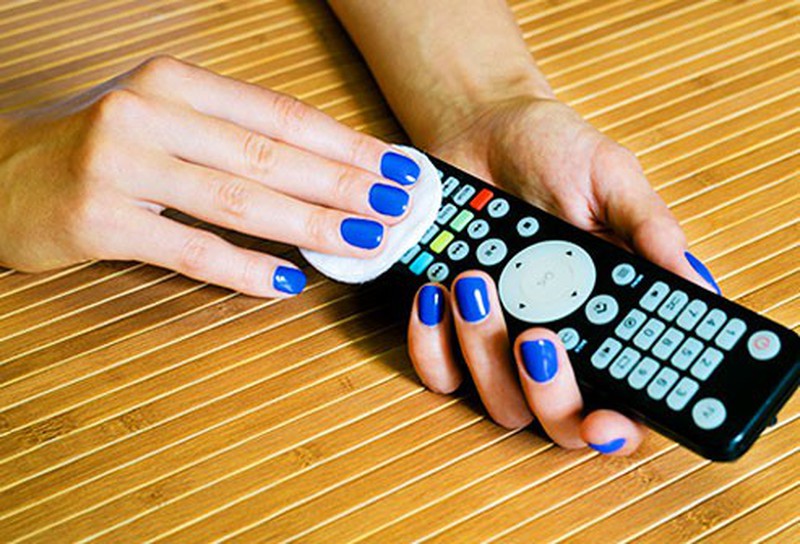
3Computer keyboard
The computer keyboard is often exposed to food particles and droplets from our mouths, making it a breeding ground for bacteria. It is crucial to clean the keyboard regularly by using a keyboard cleaning brush to remove dirt from the keys. Afterward, the keyboard surface should be wiped with a soft cloth using a disinfectant solution.
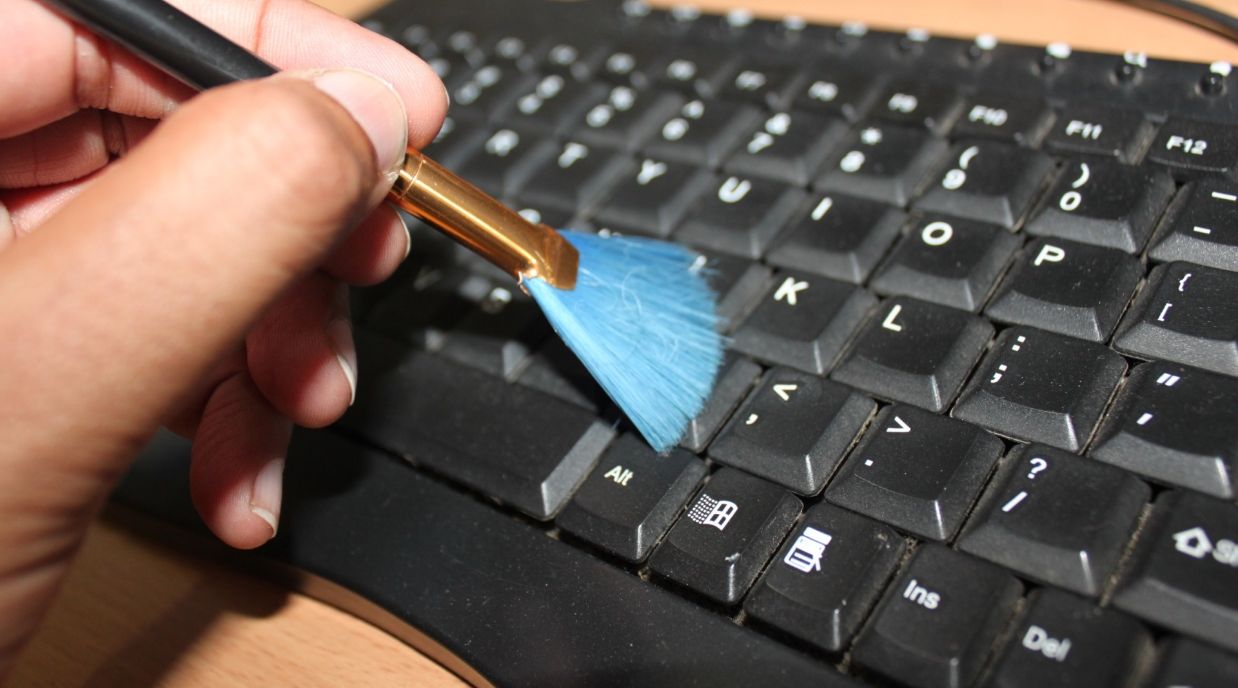
4Kitchen sponge
The kitchen sponge, used for cleaning dishes and utensils, can harbor a significant amount of bacteria due to its exposure to various dirt and leftover food particles. It is recommended to either replace it when it starts to smell bad or wash it with soap and expose it to sunlight to kill bacteria.
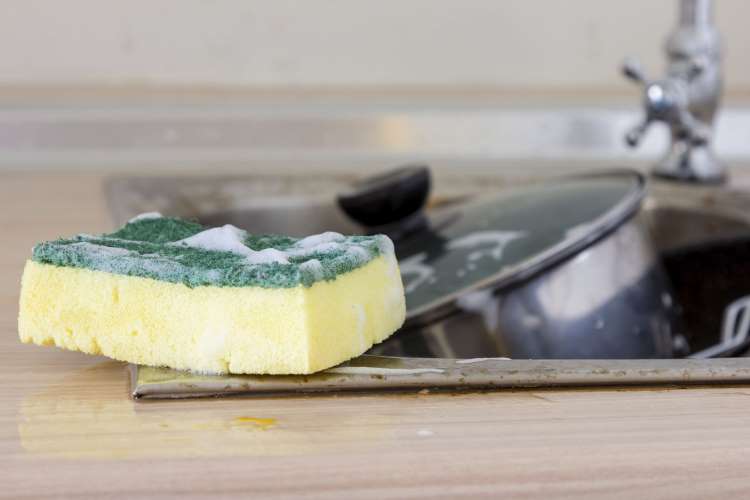
5Toothbrush holder
While toothpaste helps eliminate bacteria from our mouths, it may not effectively remove all bacteria from the bristles of our toothbrushes. After brushing, water droplets carrying bacteria can fall onto the toothbrush holder. To minimize the risk of infection, it is advisable to regularly clean the toothbrush holder with a disinfectant, replace the toothbrush every 4-6 months, or expose it to sunlight after use.
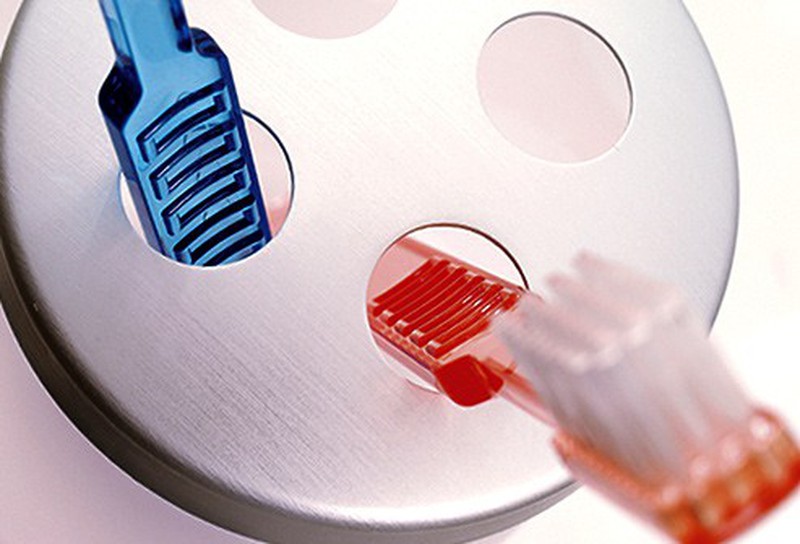
6Pet toy
Pet toys can also harbor a significant amount of bacteria, especially if they are frequently chewed or played with in potentially dirty environments. It is important to regularly clean pet toys to reduce the risk of infection. Rubber toys can be soaked in a cleaning solution and rinsed with clean water, while fabric toys should be washed with soap and dried in the sun.
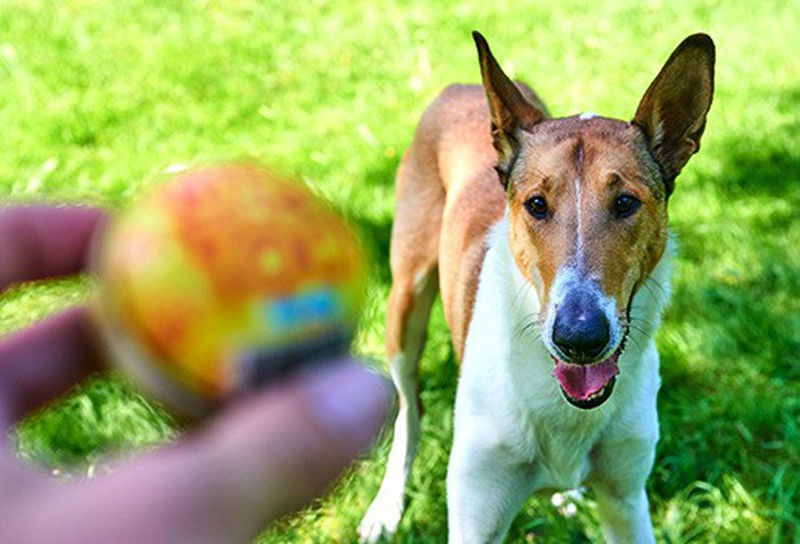
7Your wallet or bag
Surprisingly, wallets and bags can also harbor pathogens due to their frequent contact with surfaces and lack of regular cleaning. To prevent disease transmission, it is advisable to hang your wallet or bag on a separate hook when you get home or clean them with a disinfectant cloth. Choosing a wallet or bag with a smooth surface can make cleaning easier compared to models with rough surfaces.
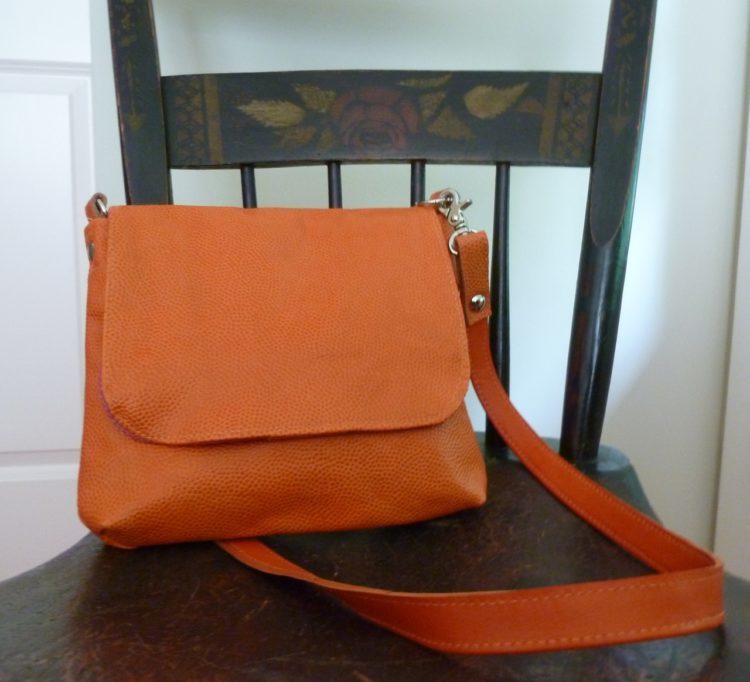
8Kitchen towel
Kitchen towels are commonly used to wipe surfaces in the kitchen, such as ovens, tables, and chairs. Unfortunately, they can also become breeding grounds for bacteria. It is best to soak the towel in disinfectant water for 15 minutes, wash it with soap, and hang it in the sun to kill bacteria.
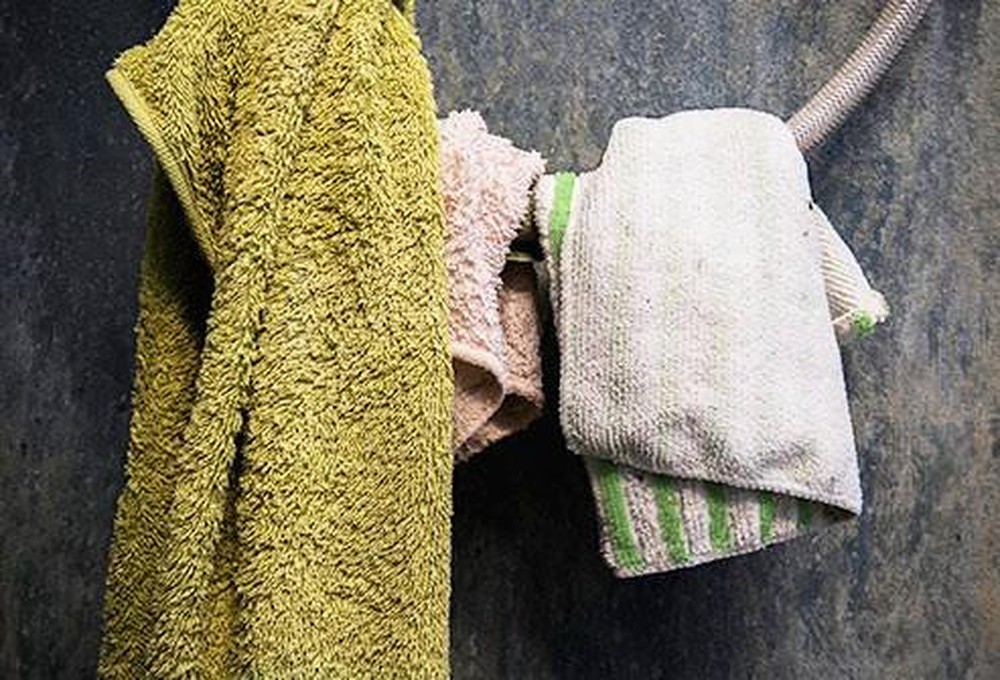
9Washing machine
While the fast spinning and drying functions in washing machines can eliminate many bacteria, some viruses, such as rota viruses, can still survive. To minimize the risk of infection, it is recommended to wash clothes with hot water, use detergent if possible, and turn on the dryer function.
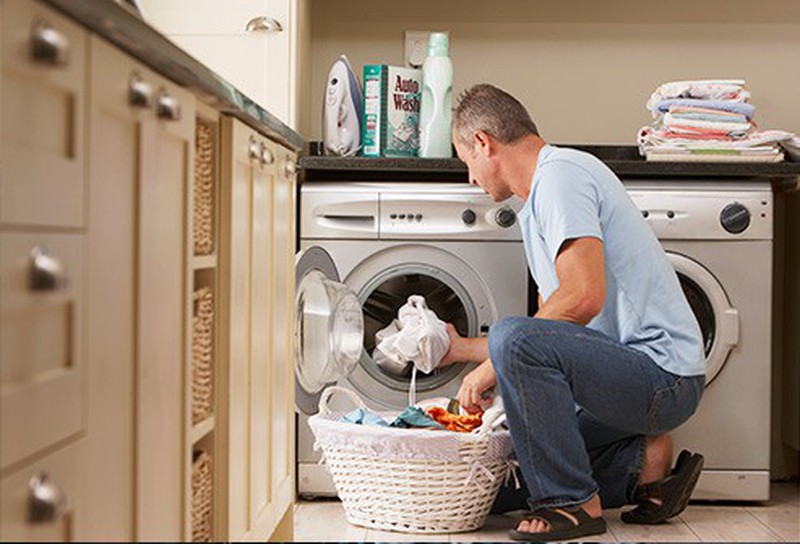
10Public objects at your workplace
Public objects at your workplace, such as doors, faucet handles, and time machines, can harbor numerous bacteria. It is essential to wash your hands with antibacterial soap after each use to minimize the risk of infection, especially from pathogens like the Corona virus.
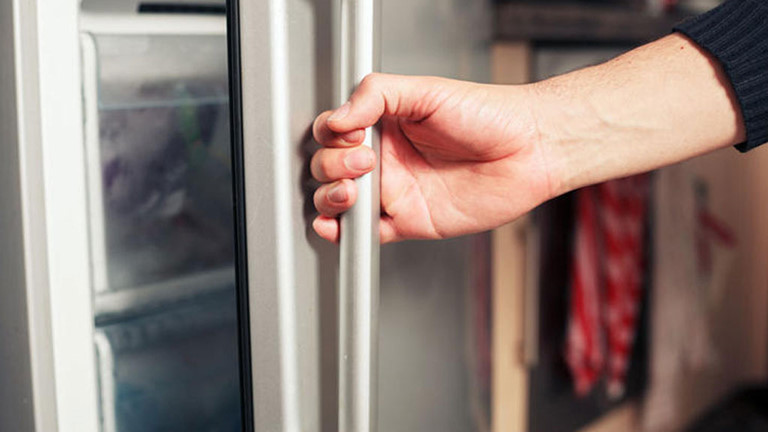
11Drinking glass or coffee cup at work
Drinking glasses and coffee cups that are shared among colleagues can also be breeding grounds for bacteria. It is important to be aware of the potential transmission of pathogens when using these communal objects. Using a personal hand sanitizer or antibacterial towel after each interaction can help minimize the risk of infection.
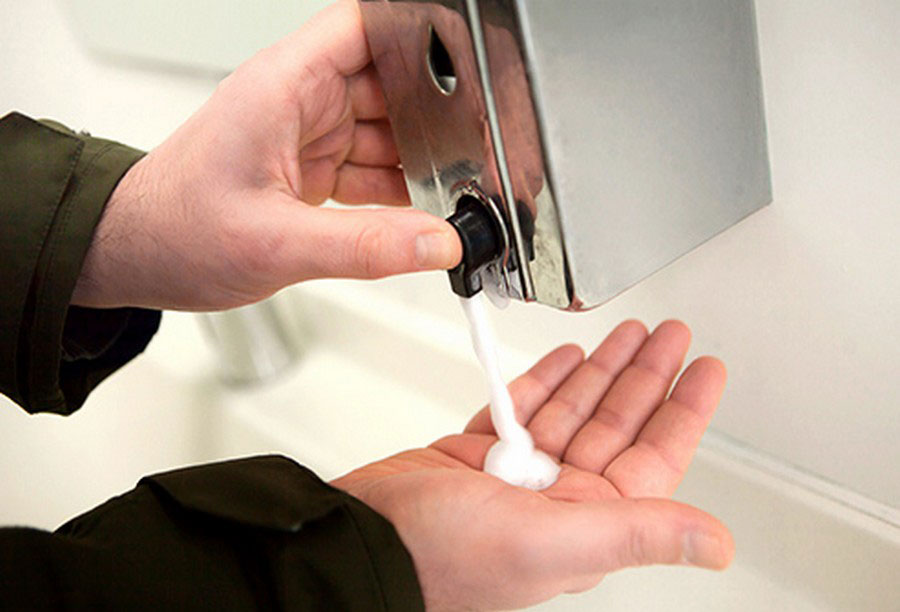
12Money
Money is constantly passed from one person to another, making it a potential carrier of bacteria. Scientific studies have found that there are over 3,000 types of bacteria present on most banknotes, which can lead to various health problems. It is advisable to wash your hands with antibacterial soap after handling money to minimize the risk of infection.

13ATM button
ATM buttons are frequently touched by many people and can be contaminated with various pathogens. Studies have shown that these pathogens can come from food items, such as fish, chicken, and rotten vegetables. It is essential to wash your hands thoroughly with soap after using an ATM to minimize the risk of infection.
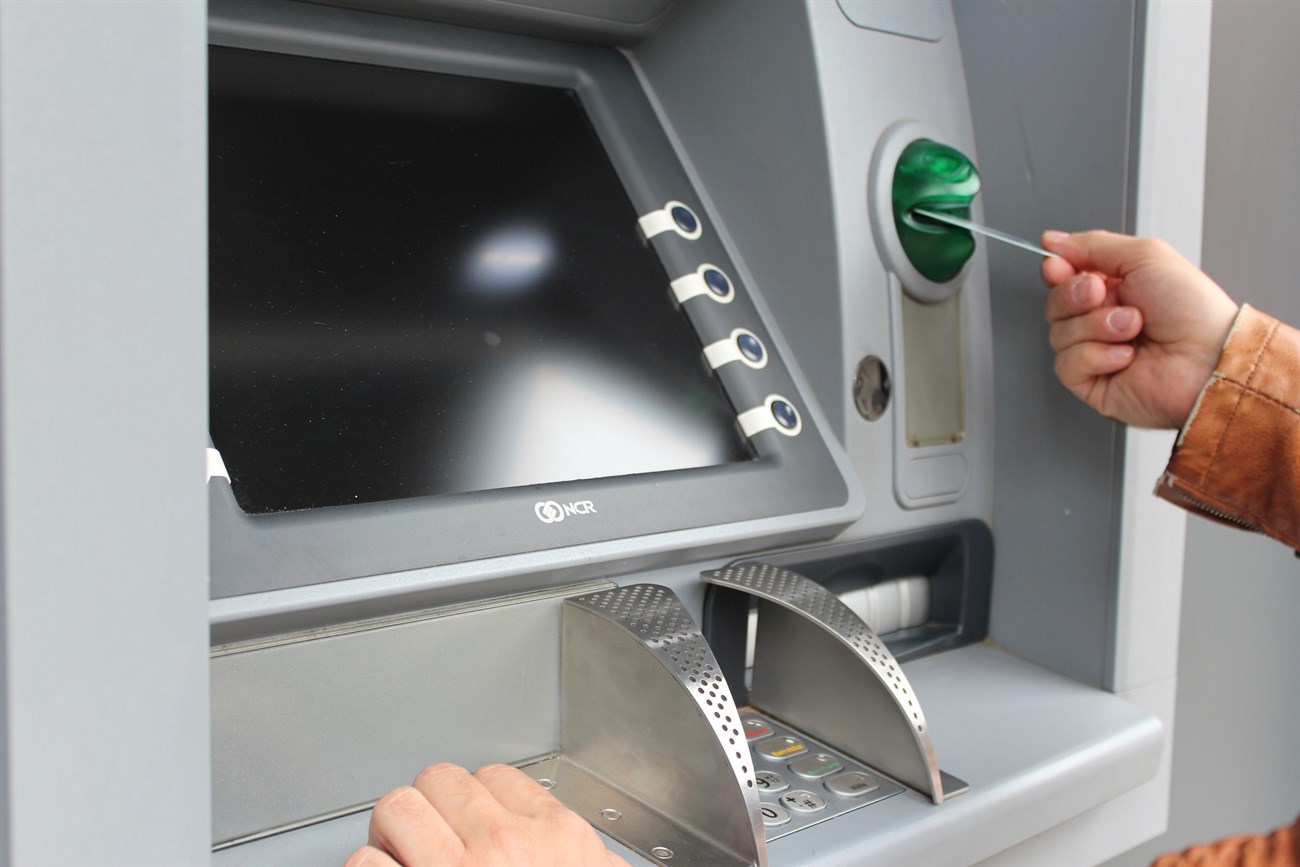
14Shopping cart in supermarkets
Shopping carts in supermarkets can harbor a substantial amount of bacteria, especially after being used to carry various food items and being touched by numerous individuals. It is advisable to clean the cart handle with a disinfectant cloth to minimize the possibilities of infection when shopping.

15Public soap dispenser
Public soap dispensers, especially the push buttons, are frequently touched by multiple individuals, making them potential sources of bacteria. The soap in the dispenser can also become contaminated with bacteria over time. It is important to wash hands thoroughly and use a hot air dryer to repel bacteria after using these soap dispensers.

16Elevator buttons
Elevator buttons are touched by numerous people throughout the day, and as a result, they can harbor a variety of bacteria and even the Corona virus. It is advisable to use hand sanitizer or antibacterial towels after each press on the elevator button to minimize the risk of infection.

Source: Hellobacsi.com
The above information highlights 16 objects and items that are often carriers of pathogens. It is important to be aware of these potential sources of infection and take necessary precautions. For further inquiries, please leave a comment below!
8 Common Mistakes People Make with Cutting Boards
Are you using your cutting board correctly? Many Vietnamese households rely on cutting boards in their kitchen, but not everyone knows how to use them properly, especially when it comes to wooden cutting boards. Check out these 8 mistakes to avoid when using a cutting board to ensure both hygiene and safety for everyone in your family.
























